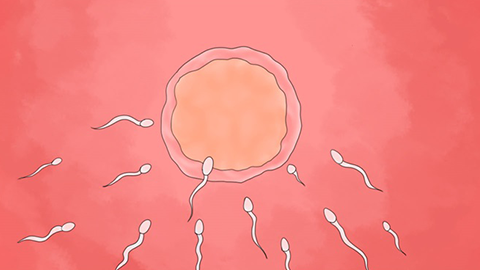What are the reactions of a fertilized egg implanting?
Generally, not everyone experiences obvious reactions during embryo implantation. Some individuals may have mild symptoms such as slight implantation bleeding, abdominal pressure or discomfort, temperature changes, breast tenderness, and fatigue. The severity and manifestation of these symptoms vary among individuals. Detailed explanations are as follows:

1. Implantation Bleeding: A small number of people may experience light vaginal bleeding when the fertilized egg implants. The blood is often light pink or brown in color, significantly lighter than menstrual flow, and typically lasts for 1-2 days. This bleeding occurs due to minor rupture of local capillaries caused by the implantation of the fertilized egg into the uterine lining.
2. Abdominal Pressure: Some individuals may feel mild pressure or a dull ache in the lower abdomen during implantation, similar to premenstrual discomfort. The sensation is mild and short-lived. This discomfort may result from slight contractions or congestion of the uterine lining preparing for implantation of the fertilized egg.
3. Temperature Changes: After implantation, increased levels of progesterone cause the basal body temperature to remain elevated. If you have been tracking your basal body temperature, you may notice that it rises by 0.3-0.5℃ after ovulation and remains high after successful implantation rather than decreasing before menstruation as it would if implantation had not occurred.
4. Breast Tenderness: Hormonal changes following implantation, including increased secretion of estrogen and progesterone, can stimulate breast tissue, causing mild breast tenderness and possible nipple sensitivity. This discomfort is similar to premenstrual breast changes but may last longer.
5. Fatigue: During implantation, the body consumes more energy to support the development of the fertilized egg. Hormonal changes may also affect physical condition, leading some individuals to feel fatigued. Symptoms often include easy tiredness, low energy levels, and a greater need for rest to alleviate these feelings.
Most people experience very mild symptoms during implantation of the fertilized egg, which can easily be overlooked, while others may have no symptoms at all. In daily life, if you are in the stage of preparing for pregnancy, you can pay attention to subtle physical changes without excessive concern or anxiety. Maintaining regular sleep patterns and a balanced diet will create a favorable environment for conception.





